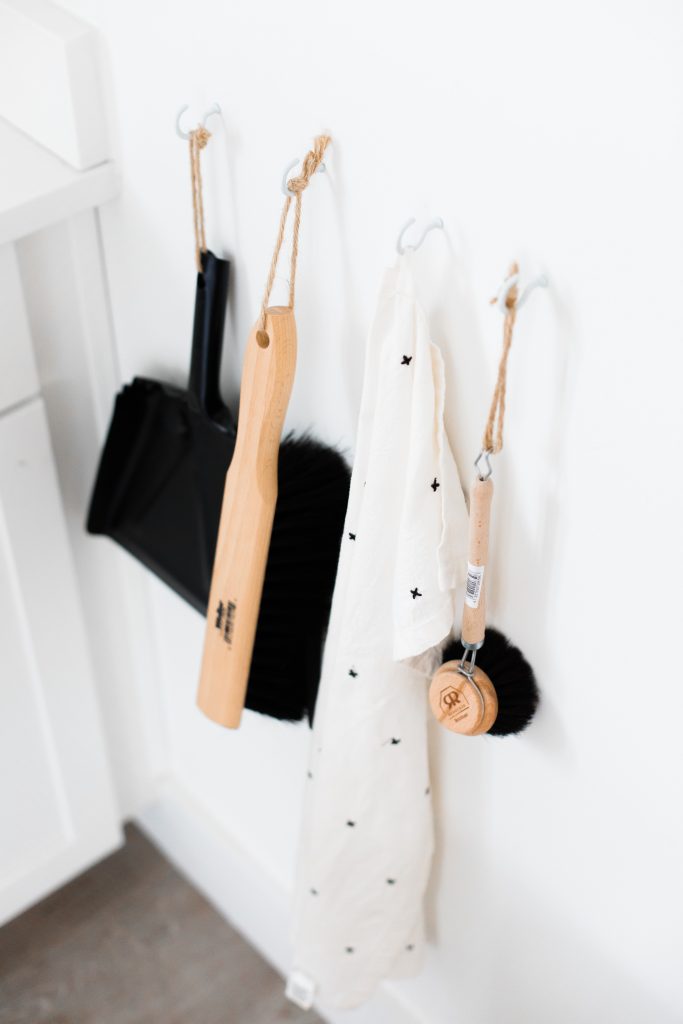10 Reliable Tips For First-Time Home Sellers
Home Seller

Home Seller

Selling your first home can feel complex and overwhelming. Before you begin the process, you need to be ready to move on. It’s common for homeowners to develop emotional attachments to their homes, but when it comes time to sell, you will need to remain objective. Buyers often point out things they don’t like and will try to drive a home’s price down. You need to be prepared to negotiate without your emotional connection interfering with the process.
As a seller, you should also be aware that listing a home demands a lot of time and energy, especially if you are working alone or don’t have a good Realtor. We recommend that sellers work with a trusted Realtor instead of doing For Sale By Owner (FSBO). A skilled Realtor will significantly ease the demands of the process. They will help you manage your listing setup, marketing, home showings, and contracts. Sellers are in charge of paying the Realtor’s commission fees (often 5%); however, the amount of time and work a Realtor saves you is often worth the cost of commission.
Here we list 10 tips for first-time home sellers so that you can go into the process with realistic expectations and be prepared for your next steps!
Most cities have a number of great Realtors to choose from. When looking, it’s important to make sure you are looking specifically for Realtors with home selling experience. Many Realtors specialize in serving home buyers and rarely represent sellers. When you are looking online at reviews, look specifically for reviews from sellers. After doing your research, set up appointments with your top selections. The appointment step is important because a Realtor may seem great online, but you need to speak with them to better understand how they work.
When you are interviewing Realtors, ask them how many properties they have sold in the past year and what their negotiation success rate is. Negotiation success rate is the percentage of homes sold above/below asking price. You should look for Realtors with the highest negotiation success rate – preferably above 100% (meaning that they sold most homes above asking price).
Use the interview time to see if you have a compatible personality with the agent as well. You could be working with them daily, so you want to make sure you get along and can rely on one another. Another item to discuss is their marketing strategy. A strong online presence, along with a comprehensive marketing process (staging, photography, property showings, etc.), is imperative. It’s also important to have a Realtor who is well-connected and can share your listing with other Realtors in their circle.
When it comes to selling a home, most Realtors work in the best interest of the seller because their commission payment is dependent upon the home’s sale price. Regardless, you still want a Realtor who is trustworthy, skilled at negotiating, a strong communicator, and has good attention-to-detail. Your sale value is very dependent upon the competency and reliability of your Realtor.
You have probably heard the terms “Buyer’s Market” and “Seller’s Market.” If the market is currently positioned in favor of buyers (“Buyer’s Market”) and you aren’t rushed to sell, it’s best to wait to list your home until buyer demand increases and inventory decreases (“Seller’s Market”). This will improve your negotiation power. To learn more about these market types, read this article.
Once you have a Realtor, you can speak with them about their recommendations for timing. If you are planning on selling your home regardless of the market’s position, stay informed on how homes are selling. You need a knowledgeable Realtor who will regularly update you on the market’s performance. This will help you strategize the best listing price for your property.
If you want to get the highest price possible for your home, you can’t always sell it as is. Sometimes you will need to invest a little in order to get a higher return. Typically, your Realtor will tell you if there are any large fixes that need to be made, but it’s good practice to purchase a prelisting inspection so that you can get a report of items that could deter buyers. Doing this before listing your home will also give you more time to make repairs rather than you rushing to repair everything with your closing date quickly approaching. Common seller renovations include repainting the interior and exterior of a house, filling holes in the walls, repainting kitchen cabinetry, and re-caulking bathtubs and sinks.
After your inspection, you can determine how much you are willing to spend on home renovations. The prelisting inspection is helpful because you are able to see the issues that buyers can bring up in negotiations. The inspection allows you to remain on top of everything and prepare for negotiations. Your Realtor may also suggest other renovations to boost your home’s value, but those projects will depend on your budget and preferences. See this blog post for a list of renovations that typically have a high ROI for home sellers.
Curb appeal plays a large part in the consideration buyers give a property. If a home doesn’t appear inviting from the outside, buyers may be dissuaded from seeing the inside. Before listing, assess the curb appeal of your home and get a second opinion. You may decide that it is a good investment for you to repaint your front door or add flower boxes under your windows.
Read this article for more detailed suggestions on boosting your home’s curb appeal.

As mentioned above, staying up-to-date on the market is imperative when it comes to pricing your home. You want to make sure you price your home to meet demand. Let’s say you have a home that you think should sell for $1.2M. However, you see that homes comparable to yours are selling for $1M. In this situation, it’s best to either wait until the market is more in favor of sellers, OR price your home more competitively around $1M. You should NOT list your home higher than buyer demand because it will likely sit on the market. Instead, price it lower and get buyer interest. If you get interest from multiple buyers, you can negotiate the price higher or work out more favorable terms.
Check out this post for more details on how to determine the best asking price for your home.
If you have room within your budget, have your home professionally staged to make it stand out and accentuate its marketable features. Professional staging can make a big difference in buyer interest since staging allows buyers to envision the potential of a property. Some Realtors offer staging as part of an included service, so check with your Realtor to see if that is an option.
If you do not want to spend money on professionally staging your home, you can also use some of your own furniture and decorations. If doing this, try to stick to neutral colors and avoid clutter. You should not use anything that looks dated, loud, musty, or dirty. Mirrors on the walls or a cookbook on a kitchen counter add a nice touch too if you don’t have furniture to use. In this post, we provide staging tips that will help your home sell!
Professional pictures of your property are one of the most beneficial investments you can make in your home’s sale. In today’s digital age, most people first look online before touring homes. They click the properties that stand out, and your property is competing with listings that have a strong online presence. It is very uncommon now for homes to be listed without professional photography, and those that don’t make the investment are likely to sit on the market longer. Check with your Realtor to see if they include professional photography in their services. Some might even include virtual tours, which are especially helpful for buyers who don’t have the time or option to tour properties in person.
Once your house is on the market, it’s important to make a good impression. You need to clean your property before every home showing and open house. If you are living in your house while selling it, clean before each showing. If you are packing, try to keep most belongings in one area, like a garage, and keep your home decluttered. Sweep and vacuum, wipe down windows and surfaces, close toilet seats, open curtains and blinds, and turn on all lights for showings.
If you are not living in your house after listing it, then have it professionally cleaned after you move out.

If you are staying in your home while selling, it’s challenging to be flexible with home showings. The best thing to do is set a consistent home showing schedule with at least 2 hour time slots no less than 4 days per week. Although it can be difficult to get out of the house that long, you are more likely to get more buyer interest. If a buyer feels like it’s too difficult to find a time to see the house, they will often move on. You want to make sure your home is accessible to buyers.
You should also try to accommodate last-minute showing requests, even if it means showing your home when it’s not clean. Having a clean house for showings is very important, but it’s better to let someone see it in less-than-perfect condition than risk them not seeing it at all.
As you can probably imagine, selling a home requires a good bit of paperwork, especially at the time of closing. Research different terms in purchase agreements to make sure you fully understand the deal you are getting yourself into. One confusion both buyers and sellers often experience is related to real estate contingencies. There are five common types of contingencies that could appear in negotiations and your contract, so it’s important to learn about these before they appear in an offer. See this post to learn about these common contingencies.
These 10 important tips will help you as a first-time home seller prepare for the process. Your real estate agent can also make or break the experience. Look for a Realtor who you get along well with who is also skilled in home sales, negotiation, and communication. Selling requires a lot of preparation, so you need an agent who will stay organized and keep you informed every step of the way. The process can go by smoothly as long as you take the time to prepare yourself and find the right Realtor before jumping into the process.
We hope you have a great home sale experience and that these tips help you along the way!
Stay up to date on the latest real estate trends.

January 17, 2024

January 16, 2024

November 14, 2023

September 15, 2023

July 16, 2023

May 15, 2023
You’ve got questions, and we can’t wait to answer them.